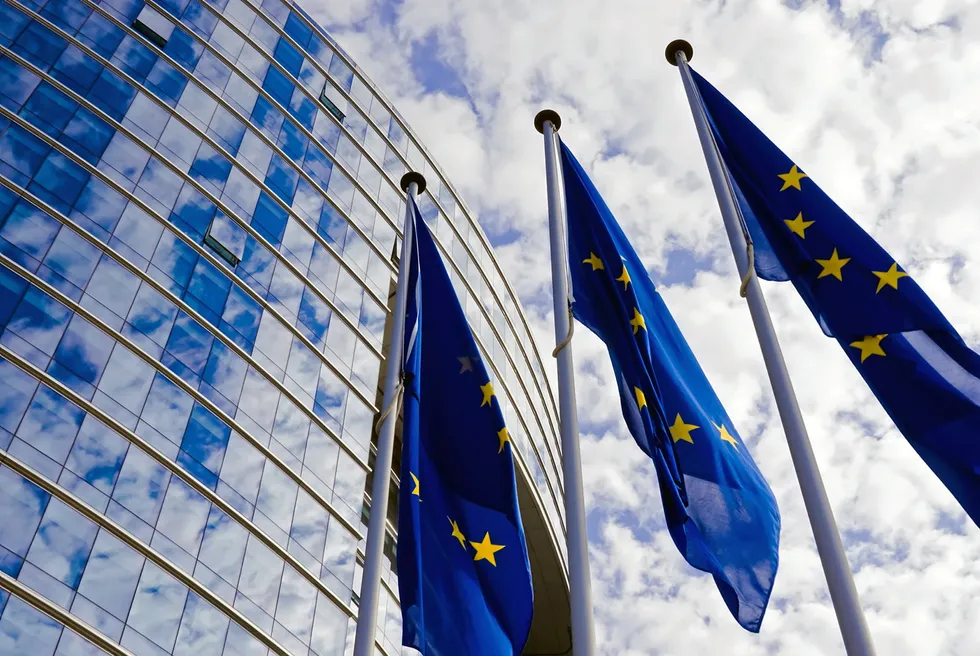Potential boon for green hydrogen as EU set to take emergency action to speed up new renewables deployment
Brussels to propose Emergency Regulation over accelerated permitting and make green power projects 'overriding public interest', says industry body WindEurope
